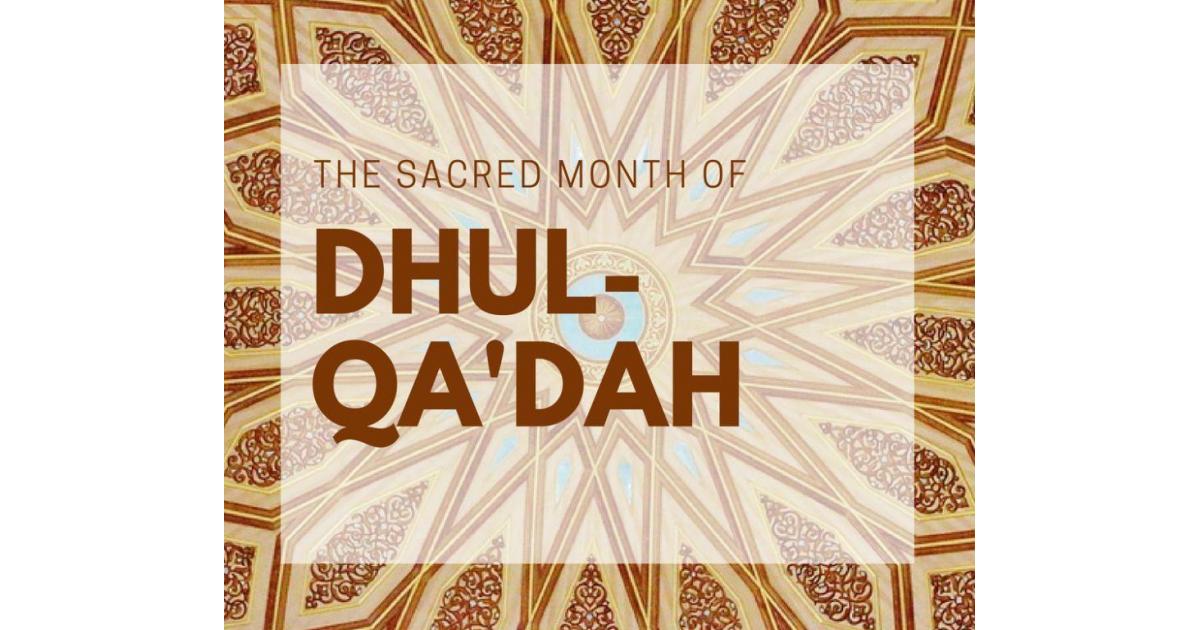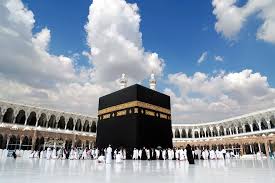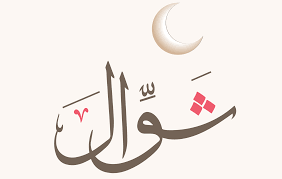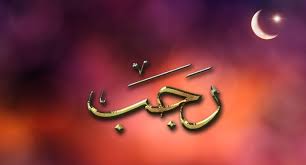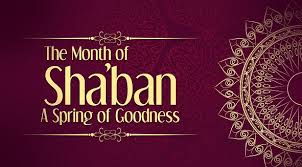Introduction
Dhul Qadah, also known as Dhu al-Qadah, is the eleventh month of the Islamic lunar calendar. As one of the four sacred months in Islam, it holds significant religious and historical importance. This article explores Dhul Qadah’s significance, key events, and practices, providing a comprehensive guide for those interested in Islamic traditions.
What is Dhul Qadah?
Dhul Qadah, translated as “the one of truce” or “the one of sitting,” is a sacred month in Islam. The Islamic lunar calendar comprises 12 months, and Dhul-Qa’dah is the eleventh. It is one of the four months in which fighting is traditionally forbid, promoting peace and sanctity.
Why is Dhu al-Qadah Sacred?
Dhul-Qa’dah is considers sacred due to its mention in the Quran and its historical significance. Alongside Rajab, Dhul Hijjah, and Muharram, it is one of the four months specifically highlight in Islamic teachings. During these months, warfare is prohibite, fostering an environment of peace and spiritual reflection.
Quranic References
The Quran highlights the significance of the four sacred months, including Dhul-Qa’dah. In Surah At-Tawbah (9:36), Allah states, “Indeed, the number of months with Allah is twelve months in the register of Allah from the day He created the heavens and the earth; of these, four are sacred.”
Promoting Peace
The prohibition of warfare during Dhul-Qa’dah emphasizes peace. This tradition allows Muslims to focus on worship, self-reflection, and spiritual growth without the disruptions of conflict.
What is the Significance of the Month of Dhul Qadah?
Dhul-Qa’dah holds significant religious value for Muslims worldwide. It is a time for increased worship, preparation for Hajj, and reflection on important historical events.
Spiritual Preparation for Hajj
Dhul-Qa’dah precedes Dhul Hijjah, the month of Hajj, the pilgrimage to Mecca. Many Muslims use Dhul-Qa’dah to prepare spiritually and mentally for Hajj, engaging in extra prayers, fasting, and good deeds.
Historical Significance
Dhul-Qa’dah is marke by several important historical events. One notable event is the Treaty of Hudaybiyyah, a pivotal peace agreement between the Muslims of Medina and the Quraysh tribe of Mecca.
Emphasis on Worship
During Dhul-Qa’dah, Muslims are encourage to increase their acts of worship. This includes performing additional prayers, reading the Quran, and engaging in charitable activities. The month provides an opportunity for spiritual growth and self-improvement.
Importance Of Dhul Qadah
Dhul-Qa’dah is important for several reasons, including its role in Islamic history, its spiritual significance, and its emphasis on peace.
Key Historical Events Dhul Qadah
Dhul-Qa’dah is associate with key historical events that shaped Islamic history. Understanding these events helps Muslims appreciate the month’s significance.
Treaty of Hudaybiyyah
The Treaty of Hudaybiyyah was sign during Dhul-Qa’dah in the 6th year of Hijra. This treaty marked a crucial peace agreement between the Muslims of Medina and the Quraysh tribe of Mecca, allowing Muslims to perform Umrah the following year.
Battle of the Trench
The Battle of the Trench, also known as Ghazwat al-Khandaq, took place in Shawwal and Dhul-Qa’dah of 5 AH (627 CE). This defensive battle saw the Muslims of Medina successfully fend off the Meccan army by digging a trench around the city.
Spiritual Preparation
Dhul-Qa’dah provides a time for Muslims to prepare spiritually for Hajj. Many increase their worship, seek forgiveness, and engage in charitable activities during this month.
Emphasis on Peace
As one of the sacred months, Dhul-Qa’dah promotes peace and sanctity. Muslims are encourage to refrain from conflict and focus on personal development and worship.
Important Events During This Month
Dhul-Qa’dah is marke by several significant events, both historical and spiritual.
Treaty of Hudaybiyyah
The Treaty of Hudaybiyyah was a pivotal moment in Islamic history. This peace agreement between the Muslims and the Quraysh tribe allowed for the peaceful performance of Umrah the following year.
Battle of the Trench
The Battle of the Trench was a significant defensive battle in Islamic history. The Muslims’ innovative strategy of digging a trench around Medina played a crucial role in their victory.
First Ten Days of Dhul Qadah
The first ten days of Dhul-Qa’dah are a time for increased worship. Muslims engage in extra prayers, reading the Quran, and performing good deeds. This period sets the tone for the sacredness of the month.
What Are the Notable Days of Dhu al-Qadah?
Several days within Dhul Qadah hold particular significance.
The First Ten Days
The first ten days of Dhul Qadah are a time for heightened spiritual activity. Muslims are encourage to engage in extra prayers, reading the Quran, and performing good deeds during this period.
The 25th of Dhul Qadah
Some scholars believe that the 25th of Dhul Qadah is the day when the Kaaba was raise. This day holds great spiritual significance, and Muslims may observe it with special prayers and reflection.
FAQ’s
What is the meaning of Dhul Qadah?
Dhul Qadah means “the one of truce” or “the one of sitting.” It signifies a month where fighting was traditionally prohibited.
- How is Dhul Qadah determined?
Dhul Qadah is determined by the Islamic lunar calendar. It starts with the sighting of the new moon, following the month of Shawwal.
- Why are the four months, including Dhul Qadah, considered sacred?
The four sacred months, including Dhul Qadah, are considered sacred due to Quranic injunctions. These months promote peace, reflection, and heightened spirituality.
- What are recommended practices during Dhul Qadah?
Muslims are encouraged to increase their worship, engage in good deeds, seek forgiveness, and prepare for Hajj. They may also focus on personal development and community service.
- Can Umrah be performed during Dhul Qadah?
Yes, performing Umrah during Dhul Qadah is highly recommend. It is a time when many Muslims travel to Mecca for Umrah before the Hajj season begins.
Conclusion
Dhul Qadah is a month of great significance in Islam. As one of the sacred months, it provides an opportunity for Muslims to deepen their faith, engage in peaceful reflection, and prepare for Hajj. Understanding its importance and observing its traditions can enhance one’s spiritual journey. Embrace the blessings of Dhul Qadah and make the most of this sacred time.
For more information on Islamic months and practices, stay tuned to our blog and subscribe for updates.
